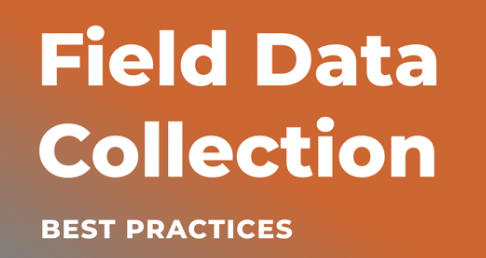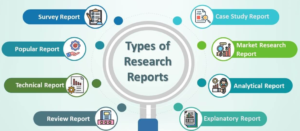Field data collection is a crucial aspect of research and analysis across various disciplines, including environmental science, social sciences, market research, and public health. It involves gathering primary data directly from the field or the source of interest through various methods such as surveys, interviews, observations, and experiments.
Here’s an overview of field data collection and its significance which Research Clerk Agency followed during its work.
Accuracy and Relevance: Field data collection allows researchers to gather firsthand information that is accurate, up-to-date, and directly relevant to their research objectives. By collecting data in real-world settings, researchers can capture nuances and contextual factors that may not be apparent in secondary data sources.
Contextual Understanding: Field data collection provides researchers with a deeper understanding of the context in which phenomena occur. By immersing themselves in the field, researchers can observe social interactions, environmental conditions, and other contextual factors that influence the phenomenon under study.
Data Quality Assurance: Field data collection enables researchers to ensure the quality and integrity of the data collected. Through careful design of data collection instruments, rigorous training of field staff, and ongoing supervision and monitoring, researchers can minimize errors, biases, and inconsistencies in the data.
Flexibility and Adaptability: Field data collection allows researchers to adapt their data collection methods and strategies based on emerging insights, changing circumstances, and unexpected challenges encountered in the field. This flexibility ensures that researchers can effectively respond to evolving research needs and maximize the utility of collected data.
Engagement and Collaboration: Field data collection often involves collaboration with stakeholders, communities, or participants directly affected by the research. By engaging with local communities, building trust, and involving participants in the research process, researchers can enhance the relevance, validity, and impact of their findings.
Validation of Hypotheses: Field data collection provides researchers with empirical evidence to validate or refute hypotheses generated from theoretical frameworks or prior research. By testing hypotheses in real-world settings, researchers can assess the validity of theoretical assumptions and contribute to theory development.
Methods of Field Data Collection Which Followed by Research Clerk Agency
Surveys: Surveys involve administering structured questionnaires or interviews to collect data from a sample of individuals or households. Surveys can be conducted face-to-face, via phone, mail, or online platforms, depending on the target population and research objectives.
Interviews: Interviews involve conducting structured, semi-structured, or unstructured conversations with participants to gather qualitative data. Interviews allow researchers to explore participants’ perspectives, experiences, and insights in-depth and to probe for detailed information.
Observations: Observational methods involve systematically observing and recording behaviors, interactions, or phenomena in natural or controlled settings. Observations can be participant or non-participant, and they provide researchers with rich descriptive data about social, environmental, or organizational processes.
Experiments: Experiments involve manipulating variables and measuring their effects on outcomes under controlled conditions. Field experiments are conducted in real-world settings, allowing researchers to assess the causal relationships between variables while maintaining ecological validity.
Focus Groups: Focus groups involve bringing together a small group of participants to discuss specific topics or issues in-depth. Focus groups facilitate group interactions, idea generation, and consensus building, providing researchers with insights into shared beliefs, attitudes, and perceptions.
Ethnographic Research: Ethnographic research involves immersing researchers in the field for an extended period to observe and participate in the daily lives of participants. Ethnography allows researchers to gain an insider’s perspective on cultural practices, norms, and social dynamics.
The field data collection is a fundamental aspect of research that enables researchers to gather firsthand information, validate hypotheses, and gain a deeper understanding of phenomena in real-world contexts. By employing a variety of data collection methods and addressing logistical, ethical, and methodological considerations, researchers can collect high-quality data that contributes to the advancement of knowledge and informs evidence-based decision-making.










